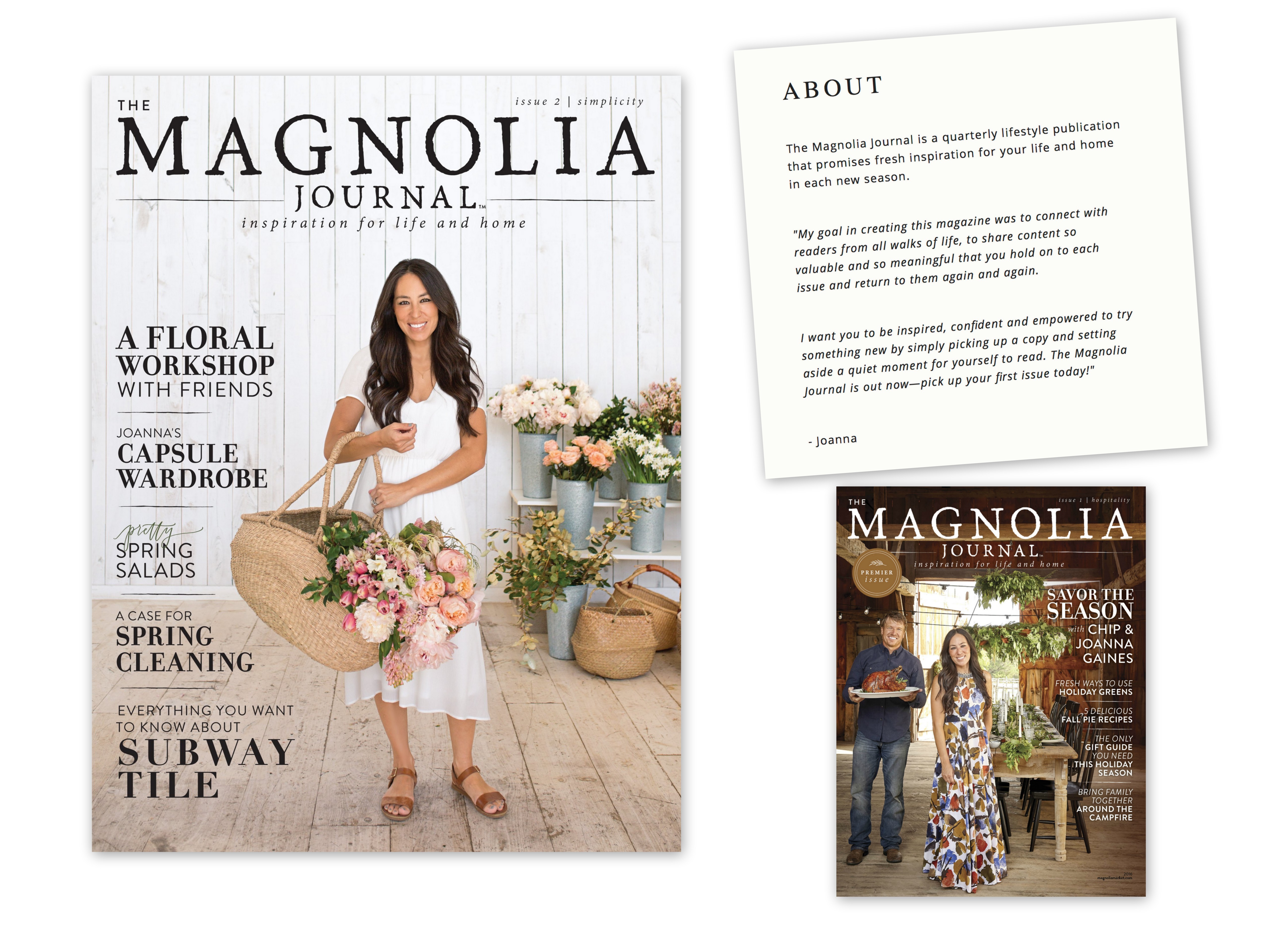145: Responding vs. Reacting: The Difference
The Simple Sophisticate - Intelligent Living Paired with Signature Style - A podcast by Shannon Ables - Miercuri

Categories:
~The Simple Sophisticate, episode #145
~Subscribe to The Simple Sophisticate: iTunes | Stitcher | iHeartRadio
"The act of responding requires one to look at the circumstance, identify the problem or situation, hear what is happening and reflect . . . What matters is that you stopped and put an effort to think and suspended judgment. It is a conscious act and shows that you are willing to listen or observe. This ‘gap’ between the circumstance and your behavior is what contributes to gaining a sense of control in your life." —author Debbie Hampton
Responding thoughtfully to an interviewer's questions versus reacting spontaneously to an inflicted, unexpected pain whether a paper cut or something more severe. The physical examples shared reveal the human responses: the former - responsive, and the latter - reactive.
Responding is a conscious decision whereas reacting is instinctive and done without forethought. And while reacting in emergency situations involving life and death, to scream, run and protect one's self is primarily and understandably about survival, it is when we react rather than respond in everyday situations that we inhibit the potential outcome.
Let's look at it more closely. When we choose to simply react to what occurs in our lives, we behave defensively. Sometimes defensive behaviors take the form of blame, scapegoating or taking revenge. Stephen Covey describes the difference between reactive and responsive individuals quite well.
“Reactive people are often affected by their physical environment. If the weather is good, they feel good. If it isn’t, it affects their attitude and performance. Proactive people carry their own weather with them.”
In essence, choosing to be responsive versus reactive is to take charge of your life, to be the hero/heroine, to be the person who recognizes everything will never be in our control, but our response to circumstances is. Choosing to be responsive is taking responsibility of our lives. Recognizing the power of our words, our behavior, our tone, our delivery, our volume, our timing, make a difference to those in our presence. On the other head, when we react we actually aren't choosing. Rather we are allowing our reptilian brain, the oldest part of our brain, to take control. The reptilian brain is all about the individual and survival: movement, breathing, circulation, hunger and reproduction, territory, and social dominance. But the gift that humans have as well as other highly evolved mammals, is we have two additional brains: the mammalian brain or limbic system, which is highly reactive as it is subconsciously responding to temperatures and hormones thus involves our emotions and feelings, and the neocortex, the thinking part of the brain, in other words where our capability to respond rather than react derives itself. The third brain, as was just mentioned, the neocortex, is the key to gathering information from what we are seeing and feeling, and putting it into context. The neocortex digests the necessary information, understands the world and the fact that there is a future beyond this moment and is capable of making sound decisions. Humans's neocortex is the most highly developed of all primates, and therefore, when we recognize what we have the potential to do, we must utilize this amazing strength of mind. Let's take a look at what responsive vs. reactive looks like in our everyday lives: ~Event: you sleep through your alarm - responsive: edit out timely morning rituals, access what the necessities are to be your best at work (eat well, dress appropriately, look presentable); reactive: scurry furiously around the house setting a mood for anyone in the household to become more frazzled and storm out the door with nothing complete or having prepared you efficiently for the day. ~Event: a colleague or boss states something unexpected that takes you aback or hurts your feelings - responsive: choosing to pause and take a breath you think about the best response, if one is needed at all, and do so calmly; reactive - fall back on your default response to critical, hurtful comments and either don't stand up for yourself and continue to agree or become snarky and sharp in your retort. ~Event: your significant other forgets an important date or occasion - responsive: collect your thoughts, come to understand why or if you feel hurt and determine how to calmly express how you feel during a time when both can talk; reactive - as soon as you see or hear from them you either give them the cold shoulder or speak with a hurtful tone and words. ~Event: a friend texts or emails to invite you do something - responsive: read the text, assess your interest and then consult your calendar or other people's calendar if it involves or effects them, then return the text/email either way; reactive: either respond immediately or not at all ~Event: the line at the grocery market is long and the person at the counter doesn't appear to know how to work the machine - responsive: assess your situation - do you have a time constraint? If so, can you move to another line. If time isn't an issue, observe the wait in line as an opportunity to take a few deep breaths, relax or check your email recognizing that either eventually the line will move or the management will open another line. The paradox of choosing to be responsive is that it requires of us to be both present and aware of the future. We need to both be cognizant of the effect of our actions, whichever we choose to take and we need to know what actions are best in the situation. Fittingly, when we react, we are reacting out of fear based on what we have been genetically disposed to do to protect ourselves. But as we know, we live in a civilized world. It is a civilized, thoughtful approach that will yield us the best results. It is not easy to know how to respond best in every situation. However, being self-aware and emotionally intelligent help tremendously. As these two traits are skills, so too is knowing how to respond well. It will take practice, it will require of us to be able to pause in nearly any situation before speaking or acting, and in its own small way, meditation plays a helpful role as well. When we respond to life:
- we become the directors, rather than the followers
- we will establish stronger relationships with anyone we come into contact with
- we will reduce unnecessary interactions and confrontations
- we will find more peace
- we will reduce regret
- we will build a confidence that we can handle any situation we come up against
- we will thrive
No doubt all of us, and I know I can include myself in this category, have reacted at times in our lives when we should have responded. And upon reflection, we can probably pinpoint those events quite well usually based primarily on how we felt after we reacted rather than responded. We may have wished we wouldn't have said something, chosen a different tone, or taken a deep breath and simply removed ourselves from the situation until we knew how to respond well. It is just these moments of experience that will actually make it that much easier to respond rather than react as you move forward. Because when we know first-hand the negative experience that can result from reacting, we are far more motivated to make sure we respond in the next similar situation. Our lives provide guidance even through the moments we wished we didn't have to endure. As a student, all we have to do is vow to learn the lessons we are given. We cannot know how to do something until we are shown how. Now we know how to respond rather than react. Now we know the difference and the benefit of embracing responsiveness versus defensiveness.
Petit Plaisir:
~The Magnolia Journal: Inspiration for life and home
- $20/yr subscription (four issues each year)
- Each issue has a theme (Note: Issue 2 | Simplicity) - on stands now
~Joanna & Chip Gaines of HGTV's Fixer Upper ~The bed & breakfast in Walla Walla, Washington, mentioned in today's episode: Green Gables Inn 

